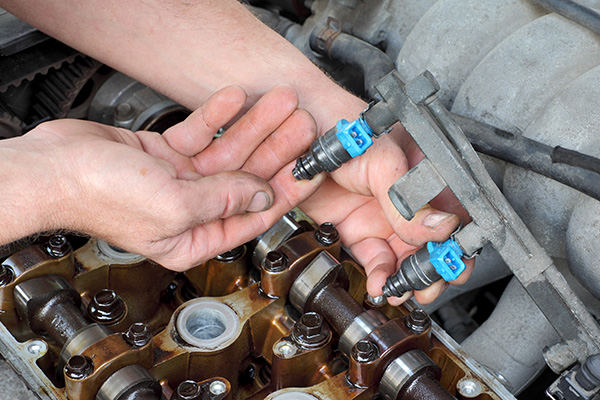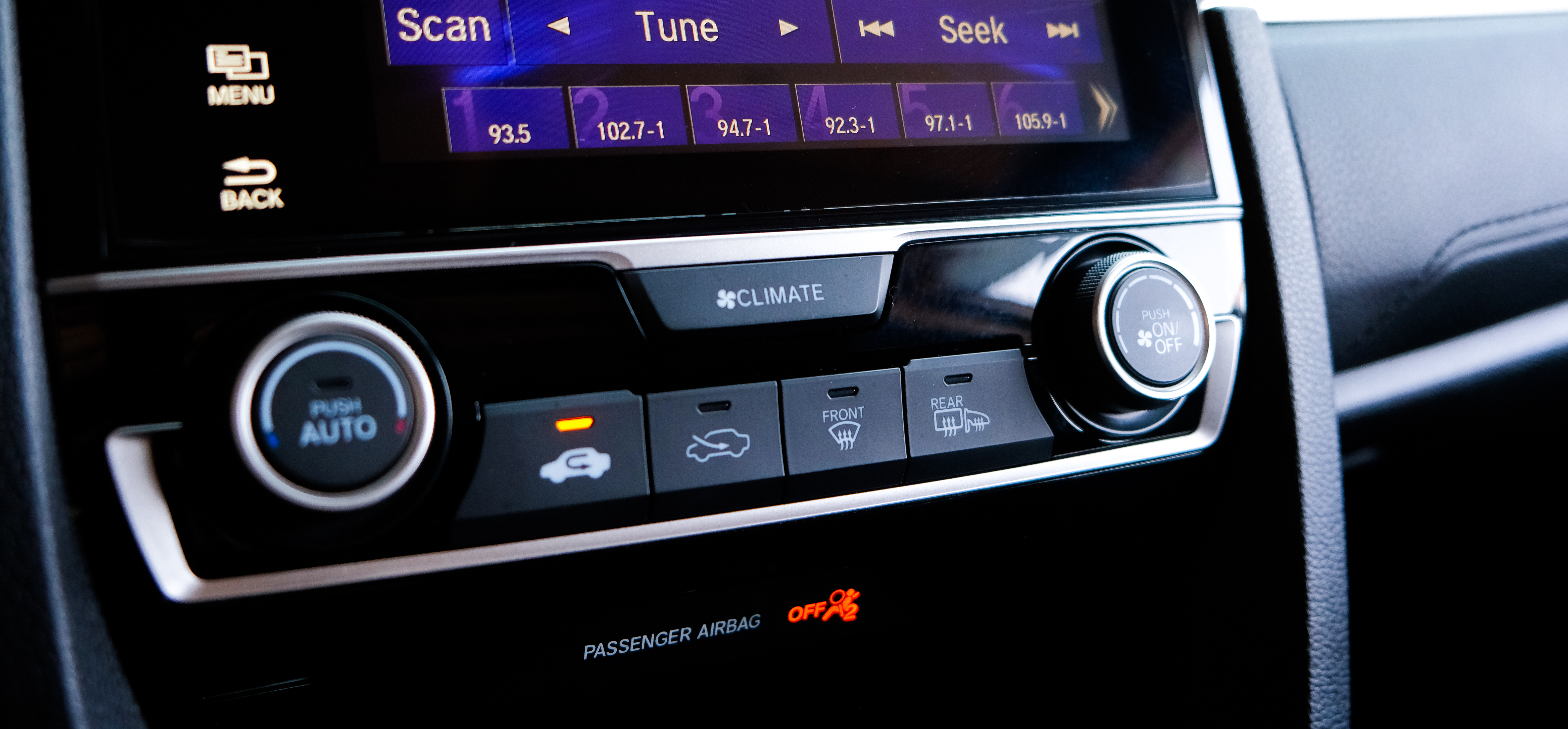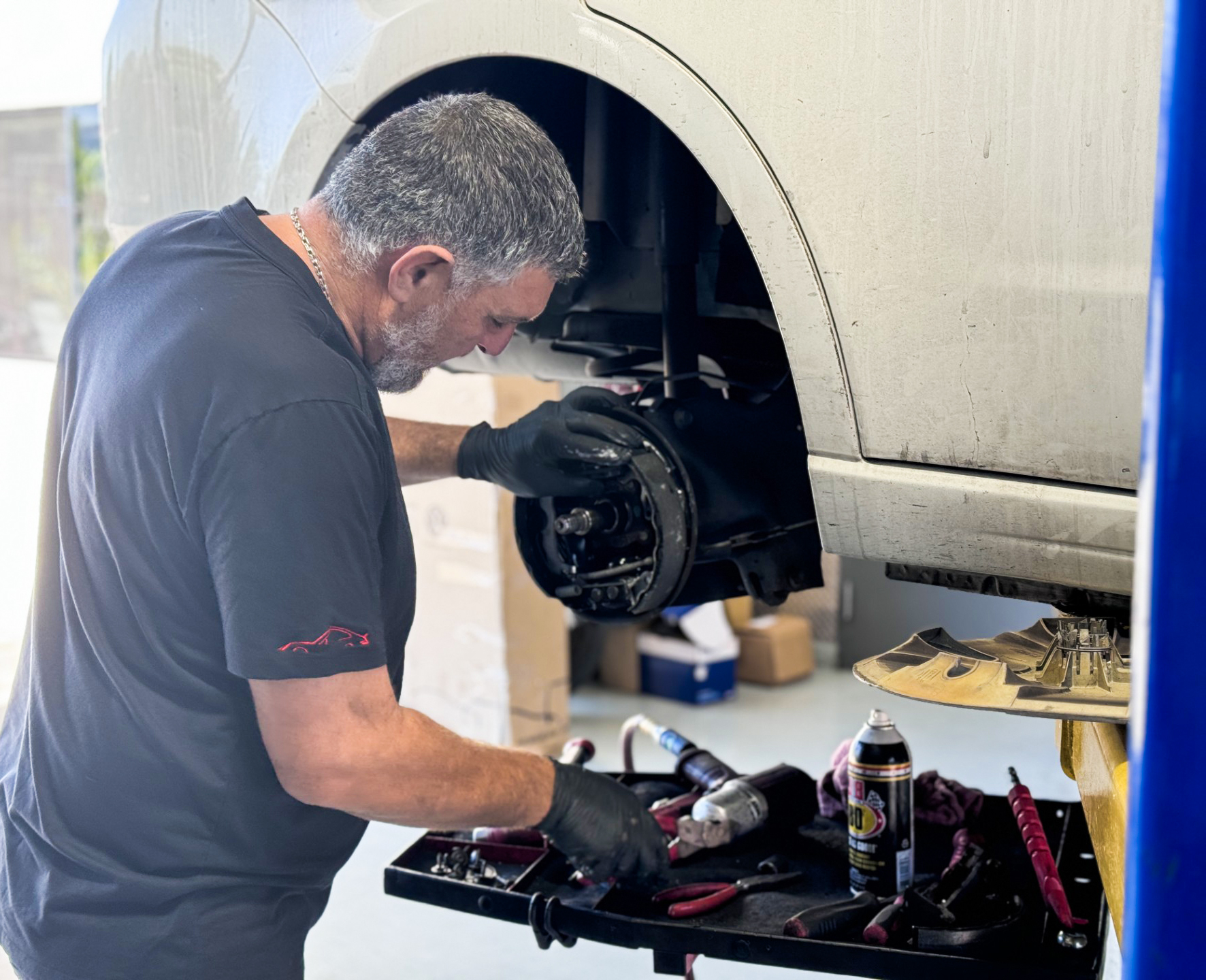Posted on 10/2/2024

How Cooler Weather Affects Your Ride and What to Do About It As the colors of autumn leaves change in October, drivers may overlook a crucial element: tire pressure. Cold weather can affect your vehicle's handling and fuel efficiency. To ensure smooth driving through Burbank or upcoming travels during this seasonal transition, it is beneficial to understand how lower temperatures impact tire pressure. This autumn, take the opportunity to delve into the scientific explanations for tire pressure fluctuations, grasp their significance, and gain insights on how to maintain your tires properly. Why Temperature Changes Affect Tire Pressure Many drivers are unaware that tire pressure changes with outdoor temperature, which can be explained by fundamental physics principles - warm air expands while cold air contracts. Consequently, a decrease of 10°F in temperature results in an approximate loss of 1-2 psi (pounds per square inch) in tire pressure. If the ... read more
Posted on 9/27/2024

A car’s fuel pump delivers gasoline from the tank to the engine. Without a properly functioning fuel pump, your vehicle’s performance can suffer dramatically, or worse, it might not run at all. But how do you know when your fuel pump is failing? We’ll share the key warning signs that indicate it might be time to replace your fuel pump. Difficulty Starting the Engine One of the first signs that your fuel pump is going bad is difficulty starting your car. If the fuel pump isn’t able to supply the engine with the proper amount of gasoline, the engine will struggle to start or may crank longer than usual before finally firing up. Sometimes, the car might not start at all, leaving you stuck. While other issues, like a dead battery or faulty starter, can also cause starting problems, a failing fuel pump is a common culprit that shouldn’t be overlooked. If you notice this symptom consistently, it’s a good idea to get your fuel pump inspe ... read more
Posted on 9/12/2024

Three Reasons Your Car A/C Isn't Blowing Cold It happens at the worst time possible. Burbank and the city of Angels are going through an intense heat wave and just when you need it the most, your car's air conditioning stops working. If you are one of the many drivers out there sweating their way through LA traffic, rest assured, we have the solution. Future Auto Service in Burbank has all your car A/C service needs covered, doesn't matter which make and model you have. In today's blog post, we discuss how your car A/C works as well as the three main reasons why your car's air conditioning doesn't blow cold and how it can be fixed. How Does My Car A/C Work? Your car's air conditioning system is complex and stretches through places in your car that are sometimes hard to access. Fixing your air conditioning to blow cold air again could just be a simple recharge or might involve removing ... read more
Posted on 9/2/2024

Why Brakes Matter More Than You Think When considering car maintenance, it's common to focus on more noticeable tasks such as oil changes, tire rotations and maybe even a new paint job. However, the reality is that one of the most crucial components keeping you safe out there on Burbank roads - whether weaving through traffic or cruising down scenic routes - are your brakes. Although unsung heroes continuously working every time you hit that pedal; they frequently get overlooked until issues like squeaking, grinding or worse yet failing occur despite their significance in guaranteeing road safety. Future Auto Service in Burbank emphasizes the importance of giving brakes proper attention. Despite lacking the allure of a turbocharged engine, they play an essential role in your car's performance and keeping you at ease on the road. Consistent brake inspections go beyond cost-saving measures; their significance lies in gua ... read more
Posted on 8/30/2024

We've all experienced that familiar feeling of your eyelids drooping, and your focus begins to waver. The road ahead seems endless, and the car becomes your bed. Drowsy driving is more common than we'd like to admit, and it's one of the leading causes of accidents on the road. But here's the good news—you don't have to fall victim to it. By making a few conscious decisions, you can keep yourself alert and safe behind the wheel. Let's dive into seven essential tips to prevent drowsy driving so you can enjoy your journey without the risk. 1. Prioritize a Good Night's Sleep This might seem obvious, but it's often overlooked. The most effective way to prevent drowsy driving is to ensure you're well-rested before getting behind the wheel. Adults typically need between 7-9 hours of sleep each night to function optimally. Skimping on sleep, even by just a couple of hours, can have a significant impact on your alertness a ... read more